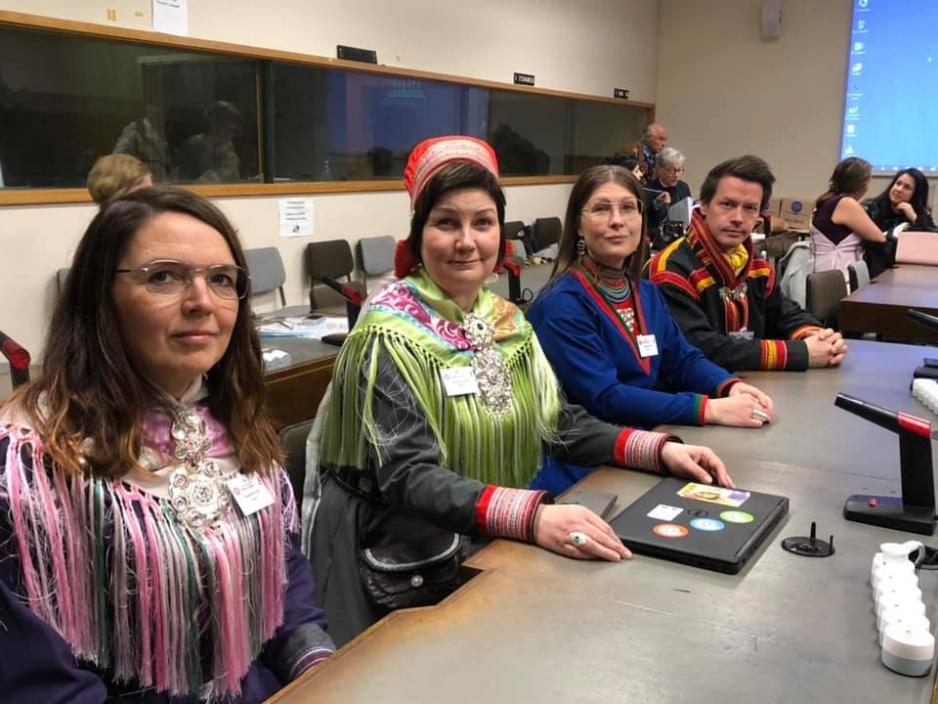Indigenous leaders look forward to a decade of language revitalization
UN dedicates 2022-2032 to efforts to reverse “historic destruction” of indigenous languages.

Faced with the loss of nearly half of the world’s languages, the United Nations Wednesday called on countries to take “urgent steps” to ensure the survival of indigenous languages as part of a decade-long revitalization effort starting in 2022.
A decade of indigenous languages, the UN stated in August when the measure was proposed, will “provide the time and resources necessary to reverse the historic destruction of indigenous languages and reclaim these languages for the future of indigenous peoples and the world community alike.”
The measure builds upon the UN’s year of the indigenous languages this year and aims reverse a trend that sees indigenous languages dying out at a rate of two per month, according to the UN. Four in 10 of the world’s 7,000 indigenous languages are said to be at risk of extinction. Many of those in gravest danger are amongst the 4,000 language spoken by indigenous groups.
Arctic Indigenous leaders, attending concluding events in New York for the year of the indigenous languages, wanted the focus of the next decade to be on helping indigenous languages to evolve while still retaining their connection to the natural world they were formed by.
“The world is facing a digital leap, and we must make sure that our languages do not lag behind,” said Aili Keskitalo, the president of Sámediggi, an elected assembly of Norwegian Sámi. “We have to be able to apply our languages to all the technological opportunities, and use it to benefit our peoples and languages.”
In calling for a decade of indigenous languages, the UN’s expert group studying the state of indigenous languages cited policies of “nation-building” as a main cause of discrimination that had led to their erosion.
“Over time, such policies can undermine and effectively destroy a culture and even a people,” the group concluded.
Other reasons for language loss, it said, include lack of educational and healthcare services as well as economic opportunity in indigenous languages.
Citing the example of Nunavut, the Inuit Circumpolar Council noted that despite 70 percent of the territory’s population speaking Inuktut as their native language, it was is neither the working language of the territory’s government nor the language it used to provide public services.
“This proclamation is much needed and will be helpful to all indigenous language speakers,” said Vera Metcalf, an Alaskan member of the ICC executive council. “More importantly, recognizing indigenous languages will reinforce our cultural knowledge and identity.”